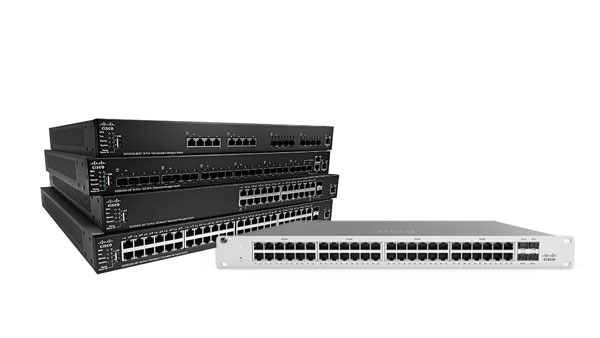The Core Components of networking: switches, routers and wireless AP's (Access points)
Switches, routers, and wireless access points are the essential networking basics. Through them, devices connected to your network can communicate with one another and with other networks, like the Internet. Switches, routers, and wireless access points perform very different functions in a network.
Switches
Switches are the foundation of most business networks. A switch acts as a controller, connecting computers, printers, and servers to a network in a building or a campus.
 |
| Network Switches |
Switches allow devices on your network to communicate with each other, as well as with other networks, creating a network of shared resources. Through information sharing and resource allocation, switches save money and increase productivity.
There are two basic types of switches to choose from as part of your networking basics: on-premises and cloud-managed.
A managed on-premises switch lets you configure and monitor your LAN, giving you tighter control of your network traffic.
Have a small IT team? A cloud-managed switch can simplify your network management. You get a simple user interface, multisite full-stack management, and automatic updates delivered directly to the switch.
Routers
Routers connect multiple networks together. They also connect computers on those networks to the Internet. Routers enable all networked computers to share a single Internet connection, which saves money.
A router acts a dispatcher. It analyzes data being sent across a network, chooses the best route for data to travel, and sends it on its way.
Routers connect your business to the world, protect information from security threats, and can even decide which computers receive priority over others.
Beyond those basic networking functions, routers come with additional features to make networking easier or more secure. Depending on your security needs, for example, you can choose a router with a firewall, a virtual private network (VPN), or an Internet Protocol (IP) communications system.
Access Points
An access point* allows devices to connect to the wireless network without cables. A wireless network makes it easy to bring new devices online and provides flexible support to mobile workers.